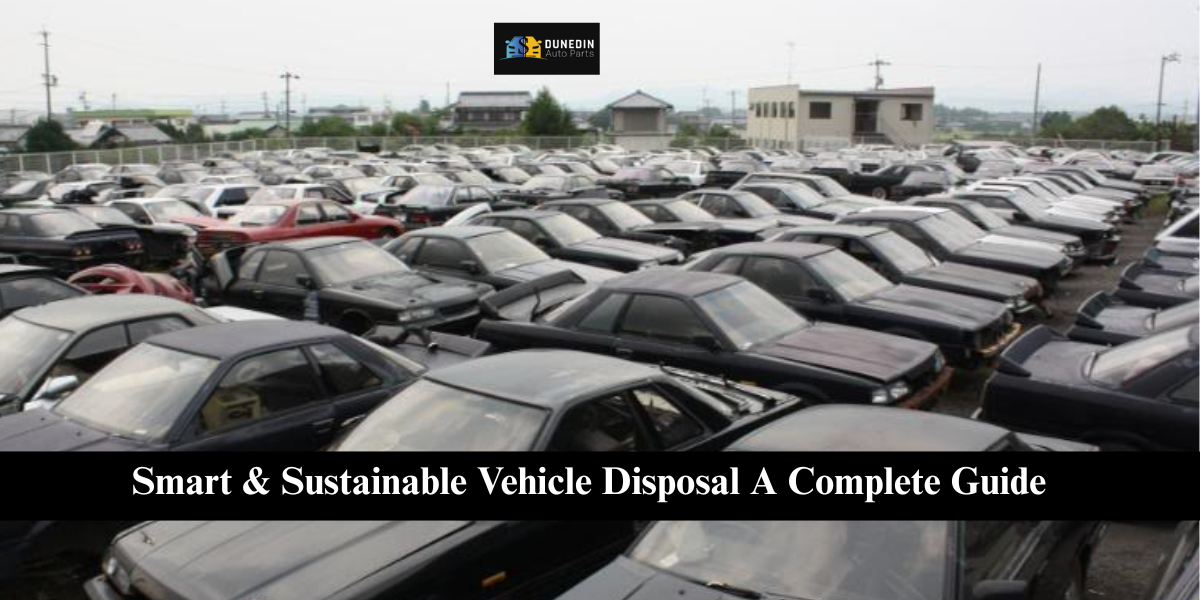When you start managing a short-term property, one of the first things you realize is how important the right price can be. If you charge too much, you lose potential bookings. If you charge too little, you miss out on profits. That’s where vacation rental pricing factors come into play. These are the key elements that help you decide what your property should cost at any given time. Understanding them is essential for anyone who wants to maximize income and attract consistent guests.
Pricing is not about guessing or copying others; it’s about knowing what influences demand, how your property compares to others, and when to make small adjustments that lead to big results. When you start using data instead of assumptions, your pricing strategy becomes more predictable and profitable.
Key Elements That Influence Vacation Rental Prices
Location and Local Demand
Location is one of the biggest influences on your pricing. A property near a popular beach, tourist attraction, or business area will naturally command higher rates. But even within one city, small details matter proximity to restaurants, public transport, and safety can change what people are willing to pay. Hosts should research local listings and understand what attracts travelers to their area before setting prices.
Seasonality and Market Trends
Demand for rentals changes throughout the year. Some months are busier because of holidays, events, or school breaks, while others are quieter. You should track local calendars and analyze how past bookings have changed over time. Adjusting your rates during low-demand periods helps maintain occupancy, while raising prices during peak times ensures you don’t leave money on the table.
Property Features and Guest Appeal
Guests don’t just pay for a place to sleep they pay for comfort, design, and experience. Homes with modern amenities, fast Wi-Fi, comfortable furniture, or a scenic view usually earn higher rates. You can increase value by adding small touches like a coffee machine, smart lock, or outdoor seating area. These upgrades may seem minor but can make a huge difference in your overall earnings.
Competitor Analysis and Market Rates
Knowing your competition is another essential step. Look at similar listings in your area and compare prices, photos, reviews, and occupancy rates. This data gives you insight into how your property fits within the local market. Adjusting your rate slightly above or below competitors can help attract more bookings without lowering your profit margin.
The Role of Technology in Smart Pricing
Technology has changed how hosts manage their listings. Instead of manually updating prices, you can now use data-driven tools that analyze demand, seasonality, and competitor behavior. These tools continuously adjust rates to match market conditions, helping you earn more while staying competitive.
Using Data Analytics to Predict Booking Behavior
Data analytics allows you to understand patterns when people book, how far in advance they plan, and what type of properties they prefer. When you rely on analytics, you make smarter pricing decisions based on facts, not feelings. This minimizes the risk of overpricing or underpricing your listing.
Automation Tools That Help Hosts Save Time
Dynamic pricing tools automatically adjust your nightly rate according to market changes. They save you hours of manual research and ensure your property always stays optimized. These tools can connect directly to your booking platform, updating rates in real-time without effort from your side.
How Data Improves Profit Margins and Reduces Guesswork
Data helps you see what’s working and what’s not. By studying your booking history, guest feedback, and competitor behavior, you can refine your strategy for future listings. Over time, these insights improve your return on investment and give you more control over your property’s financial performance.
Why Guest Communication Matters in Pricing Success
A strong pricing strategy is only effective if guests feel valued and informed. Clear and timely Guest Communication builds trust, encourages positive reviews, and increases the chances of repeat stays. When guests understand your policies, check-in process, and amenities, they are more likely to leave satisfied.
Communication doesn’t have to be complicated automated messages, quick responses, and a friendly tone can make all the difference. Happy guests often refer others or return themselves, which directly supports long-term profitability. In short, good communication strengthens the value behind your pricing strategy.
Co-Hosting and Collaborative Pricing Strategies
Managing everything alone can be overwhelming, especially when handling multiple listings. That’s where co-hosting becomes a smart solution. A co-host helps you manage bookings, guest interactions, and maintenance, ensuring your property runs smoothly. With two minds working together, it’s easier to monitor data, track trends, and make timely pricing adjustments.
Co-hosts often bring experience and insights that solo hosts might miss. They can analyze booking patterns, monitor competitors, and fine-tune rates faster. Collaboration allows you to focus on improving guest experience while someone else manages the data side, creating a perfect balance between service and strategy.
StayBnb’s Approach to Smarter Pricing Management
Platforms like StayBnb are redefining how modern hosts manage properties. Instead of guessing what works, StayBnb encourages data-driven decisions that increase earnings while saving time. It combines user-friendly tools, expert guidance, and automation to help hosts reach higher profitability.
By analyzing key factors such as location, seasonality, and demand, StayBnb helps you understand what price will attract the right guests at the right time. Its system simplifies the process for both beginners and experienced hosts, ensuring you never miss opportunities to grow your income.
Conclusion:
If you want your rental business to grow, data must become your best partner. Understanding what affects pricing, when to adjust rates, and how to communicate with guests gives you an edge in a competitive market. You don’t need complex tools or big budgets to start just the willingness to learn and apply insights from your property’s performance.
Remember, successful pricing is about balance. Combine smart tools, solid data, good communication, and great guest experiences to build long-term profitability. When you use information wisely, you’re not just setting prices you’re setting yourself up for lasting success.


